Home>Garden Essentials>Best Raised Bed Soil For Your Pet Plants
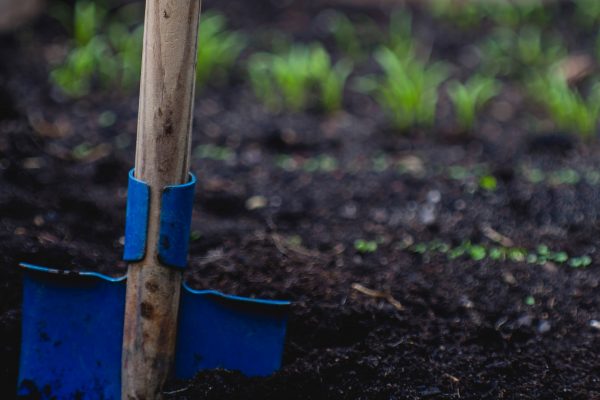
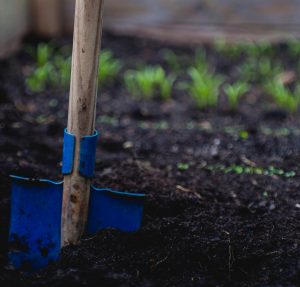
Garden Essentials
Best Raised Bed Soil For Your Pet Plants
Modified: December 6, 2023
Keep your plants healthy by choosing the right type of raised bed soil! Learn what are some of the best soil options for a raised bed garden.
(Many of the links in this article redirect to a specific reviewed product. Your purchase of these products through affiliate links helps to generate commission for Storables.com, at no extra cost. Learn more)
Growing food in your backyard might seem like too much work, but it provides numerous benefits. It’s healthy because you get to eat fresh fruits and vegetables every day. Also, it’s therapeutic as it keeps your mind off all the stressful things in life. If you want to try growing your food at home, consider building a raised bed garden.
Keep on reading to know why you should choose this type of garden, and learn what kind of raised bed soil should be used for it.
What is a Raised Garden Bed?
A raised garden bed is simply a mounded soil mix above the natural soil in your backyard. You are probably wondering why you would need to put another layer of soil on top of your existing soil. Doesn’t soil exist for growing plants? That may be true, but remember that plants won’t grow on bad soil. You either have to condition the soil with fertilizer and compost or top it with mounded soil mix to create a raised bed. The latter is a much better solution because it keeps the soil loose, and this allows the roots to breathe and absorb water and nutrients.
What is also great about a raised garden bed is that there’s a frame around the mounded soil. This helps prevent soil compaction and reduces weed growth in plants. If you want to get to know more about this type of garden, try checking out some of these raised bed garden ideas.
Read more: What Type Of Soil Mix To Use For Raised Beds
What Kind of Soil Should You Put in a Raised Garden Bed?
A raised bed garden needs three kinds of soil: topsoil, compost, potting soil/ mix. Topsoil will be used as the base of a raised bed garden because it is rich in organic matter and minerals that are vital for plant growth. You can buy quality topsoil from soil delivery service providers, but if it is not available, you can use a 50/50 mix of potting soil and compost instead.
After buying all the soil you need, don’t also forget to set a garden hose reel near your raised bed. Use this to water the soil and to keep the plants healthy. Your raised bed should be located at the sunniest part of your yard, so you have to water them regularly to prevent your plants from wilting.
Best Raised Bed Soil
For newbies, building a raised bed garden can be overwhelming. Not only do you have to choose a garden box, but you also have to install an irrigation system. But let’s take it easy, and start with the most important part of a raised bed garden: the soil. Here are some of the best soil for a raised bed garden:
Alkaline-loving plants such as asparagus and cabbage won’t grow well on a raised bed with too much peat moss because it makes the soil too acidic. Thus, it is better to use this Minute Soil from Mountain Valley Seed Company. This peat-free soil contains coconut coir that helps improve water absorption in plants.
You’ll also love how lightweight and compact this raised bed is. It is compressed in blocks, so it’s easy to carry around the backyard. You just have to add water and mix it with topsoil, and you are now ready to grow your raised bed garden!
Key Features
- Peat-free
- Lightweight, compact soil
Specifications
- 15 gallons of soil per block
- Requires 5.5 gallons of water per block
Pros
- Improves soil water retention
- Great for almost any type of plant
- OMRI-listed organic soil
Cons
- Quite expensive
Just like the Peat-Free Minute Soil, this Potting Soil from Organic Plant Magic is also lightweight and convenient to use. Each pack contains compressed soil granules that will expand up to 4x after dousing it with 3 gallons of water.
It is a great raised bed soil because it contains 100% non-toxic, organic ingredients such as coconut coir, worm castings, and humic acids. These ingredients help improve nutrient and mineral absorption in plants.
Key Features
- Organic raised bed soil
- Compact soil granules
Specifications
- Expands up to 4x with 3 gallons of water
- Good for a 20-square foot raised garden bed
Pros
- Packed in easy to carry, resealable bags
- Keeps the raised bed gardens wet and moist
- Makes vegetables healthier and more nutritious
Cons
- No perlite to help improve drainage
Tilling, if done right, can help loosen up the soil and mix organic matter better. However, if you accidentally till the soil too deep, it will become dry and compacted. Fortunately, there’s another way to loosen hard soil without tilling: use a potting soil mix with greensand.
This Organic Raised Bed Mix from the Coast of Maine contains greensand and kelp meal. Greensand is a mineral-rich fertilizer that helps loosen tough, impacted soil. Meanwhile, kelp meal prevents weed growth and nourishes plants with ocean minerals.
Key Features
- Organic raised bed soil
- Complete potting soil mix
- No toxic bio-solids and home waste
Specifications
- Item weight is 29.2 pounds
- 1 pack contains 28.3 liters of soil
- Available in a pack of 2 and pack of 4
Pros
- Nourishes the soil with kelp meal and greensand
- Prevents leaching or the loss of nutrients in crops and plants
- OMRI-listed, so it meets the international standard for organic products
Cons
- Some bags might contain bugs
If you want to avoid frequently watering your plants, you could use topsoil with reed-sedge peat. Just like this Garden Magic Top Soil from Michigan Peat. It contains reed sedge peat that helps plants absorb water and keeps the soil moist. This is also great for growing acid-loving plants such as blueberries, tomatoes, camellias because it has a high acid PH level.
Key Features
- Moisture-retentive soil
- Water-draining properties
Specifications
- Item weight is 40 pounds
- Overall dimensions are 27 inches x 18 inches x 6 inches
Pros
- Great for both new and experienced gardeners
- Keeps your plants moist during the dry season
- Helps drain excess water without dehydrating plants
Cons
- Small sticks are mixed in the soil
Yucca extract is a common ingredient in cosmetic products because it contains “saponin” that helps in cleaning and soothing the skin. But did you know that yucca extract can also be a powerful ingredient for boosting plant growth? The saponin content prevents plant pathogens and improves water and nutrient absorption.
If you are looking for raised bed soil with yucca extract, consider choosing this Organic Vegetable & Flower Soil from Espoma! Aside from Yucca extract, it also contains nutrient-rich ingredients such as peat moss, kelp meal, and earthworm castings.
Key Features
- Natural and organic
- Enriched with earthworm castings
Specifications
- Large 1 cubic ft. bag
- Formulated with 30-40% of Canadian peat moss
Pros
- Great for both flowers and vegetables
- Contains Mycorrhizae that promotes root growth
- Has peat humus that helps plants absorb heat and light
Cons
- Not ideal for an indoor raised garden bed
Have you tried reading through the ingredient list of a raised bed soil bag, and wondered what those aged forest products are? Aged forest products are collected wood chips and shavings that help loosen soil and improve drainage. With better drainage, your plants will less likely experience nutrient loss.
One of the raised bed soil options that have aged forest products is the FoxFarm Potting Soil Mix. Moreover, it contains other essential ingredients that could help boost plants’ growth. For example, Sphagnum peat moss and earthworm castings.
Key Features
- Light, aerated texture
- Complete potting soil mix
Specifications
- Product size is 1 cubic ft.
- Available in packs of 4
Pros
- Aerated texture allows plants to breathe
- Has an optimum pH soil range of 6.3 to 6.8
- Comes with an extra white bag to protect the packaged soil during shipment
Cons
- Has a strong, unpleasant smell upon opening the bag
Ever wonder about how your plants always grow healthy after mixing premium potting soil in the raised bed? It’s all thanks to the Mycorrhizal fungi in the potting soil. These are microorganisms that help plants absorb more water and nutrients. With that being said, you can expect find such beneficial microorganisms in this Premium Potting Soil from Dr. Earth.
Key Features
- Beneficial soil microbes
- Organic, OMRI-listed raised bed soil
Specifications
- 8-quart bag of soil
- Item weight is 5.95 pounds
Pros
- “MycoApply” certified so it’s safe to use
- Great for both indoor and outdoor gardens
Cons
- Quite expensive
Frequently Asked Questions About Raised Bed Soil
-
Read more: What Is A Raised Garden Bed
How Much Soil Do You Need For a Raised Bed?
It depends on the size of the raised bed. But to give you an idea, they are usually 4 ft. wide, 8 ft. long, and 10 to 12 inches deep. Regular-sized raised beds such as these, require 15 bags of topsoil with 1.5 cubic feet per bag. If you have a different raised bed size, we recommend using a soil calculator online to know the exact amount of soil required.
-
How To Layer Soil in a Raised Garden Bed?
The first layer should consist of wood scraps (ex. twigs and barks) or any natural compost such as manure. You can also add some newspaper to prevent weeds from growing. Next, add 10% potting soil/mix, and finally, you can put the topsoil in the raised bed.
-
How To Refresh Raised Bed Soil?
If the soil becomes compacted after the winter season, make sure to refresh the raised bed soil with compost. But before you add any compost, remove all debris and twigs from the top of the raised bed. Also, consider putting a little bit of fertilizer before the compost as this will help enrich the soil. Just use a soil calculator to know how much compost or fertilizer should be added.
Choose Quality Soil for Your Raised Garden Bed!
Soil is the most important material in a raised garden bed because it provides minerals and nutrients to plants. Furthermore, soil helps filter out harmful contaminants that may destroy a plant’s health. Due of these reasons, it is vital to choose quality raised bed soil if you are planning to grow an above-ground vegetable garden.
Since you are interested in building a garden at home, you may also want to check out some of these mint leaves for indoor gardens. Growing herbal plants such as these are great for making homemade fresh tea. You can even use the leaves to add spice and flavor to your home-cooked dishes.
Was this page helpful?
At Storables.com, we guarantee accurate and reliable information. Our content, validated by Expert Board Contributors, is crafted following stringent Editorial Policies. We're committed to providing you with well-researched, expert-backed insights for all your informational needs.
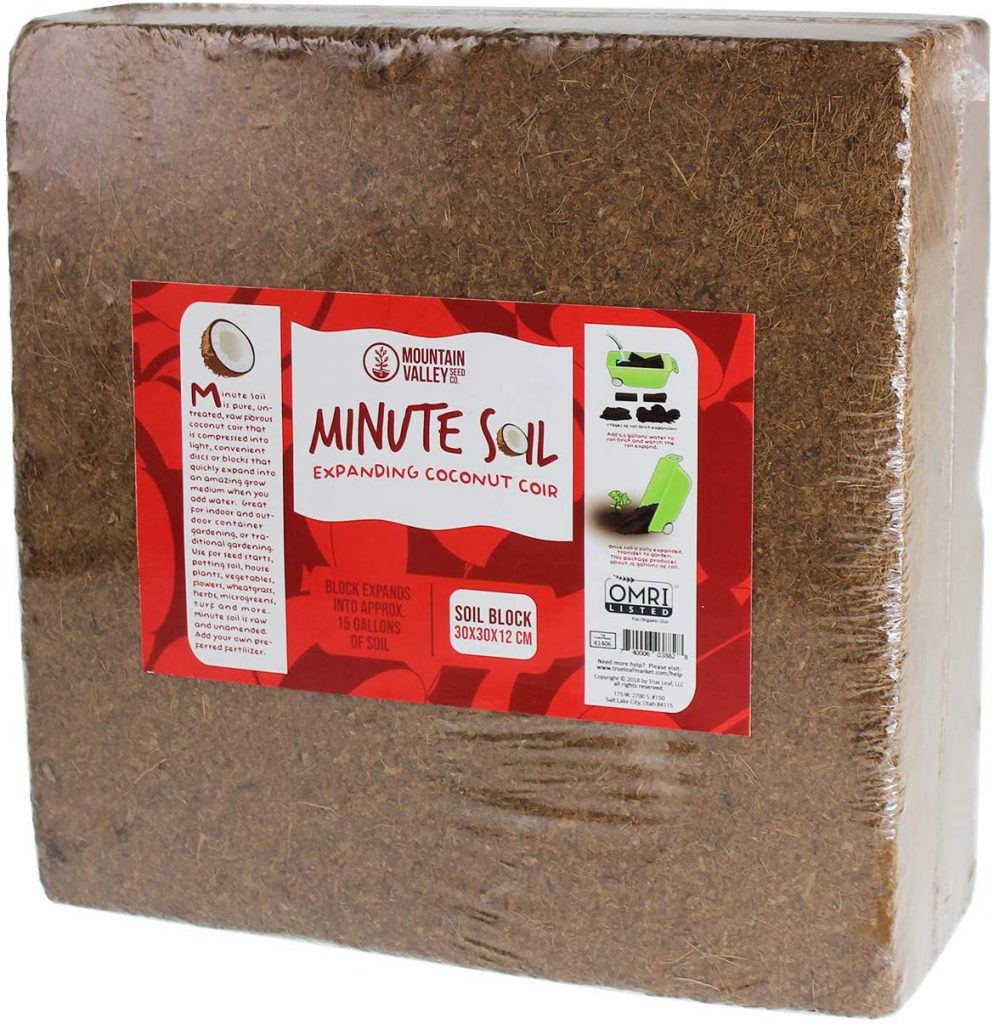
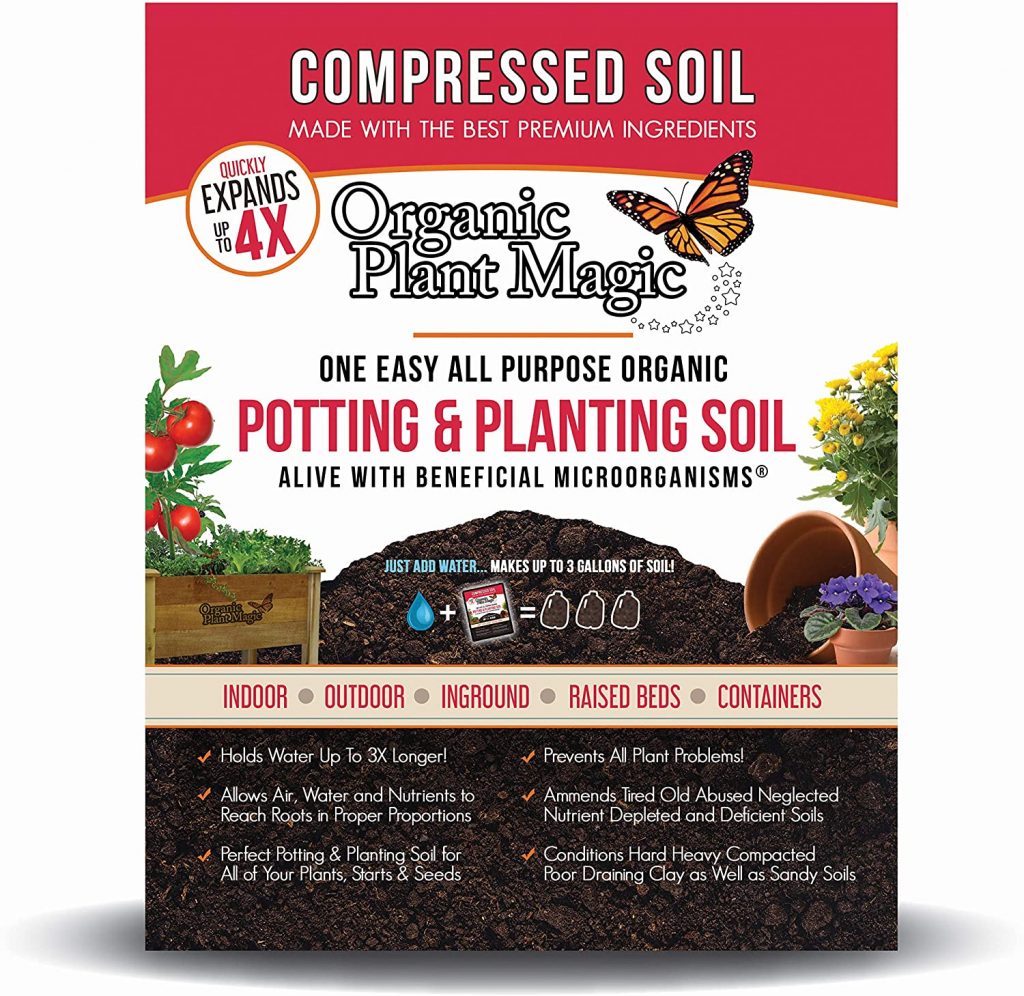
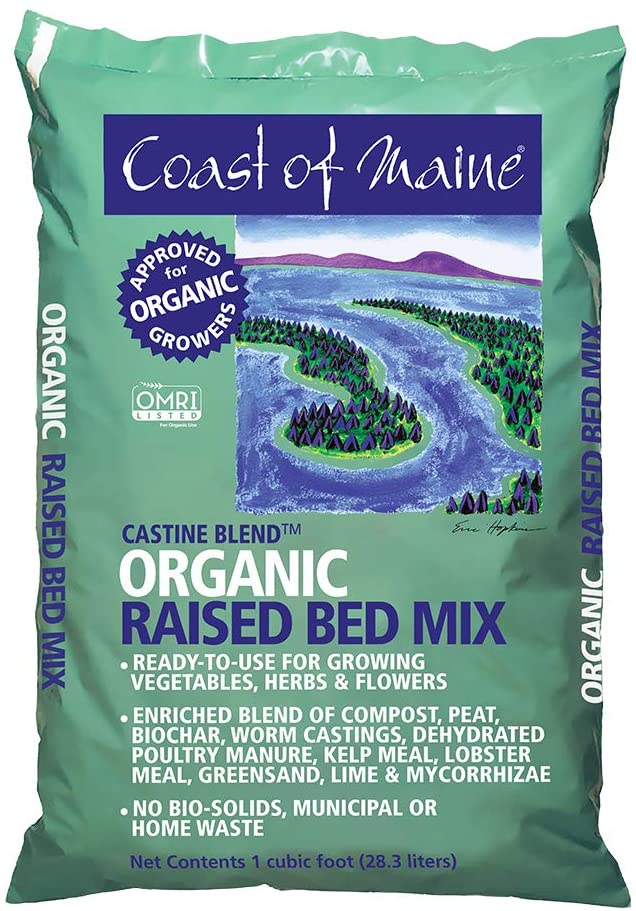
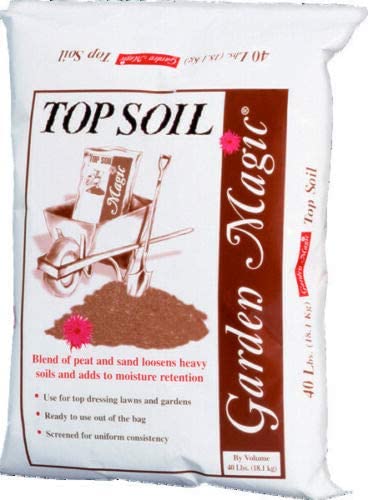
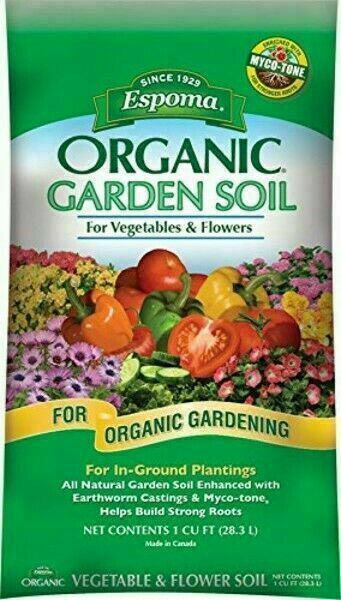
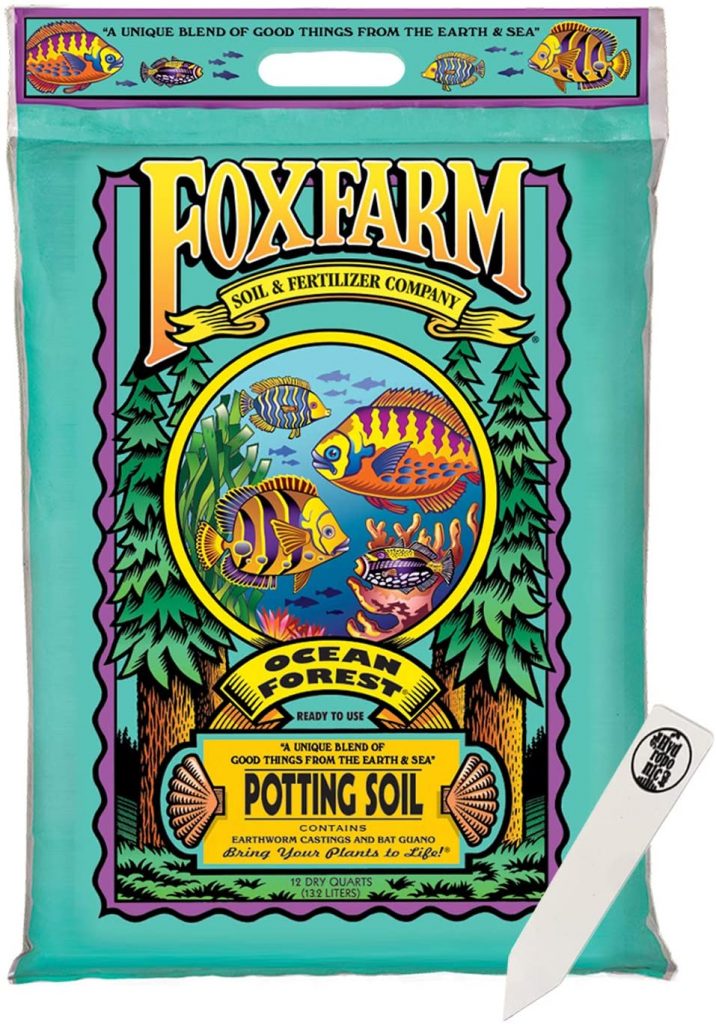
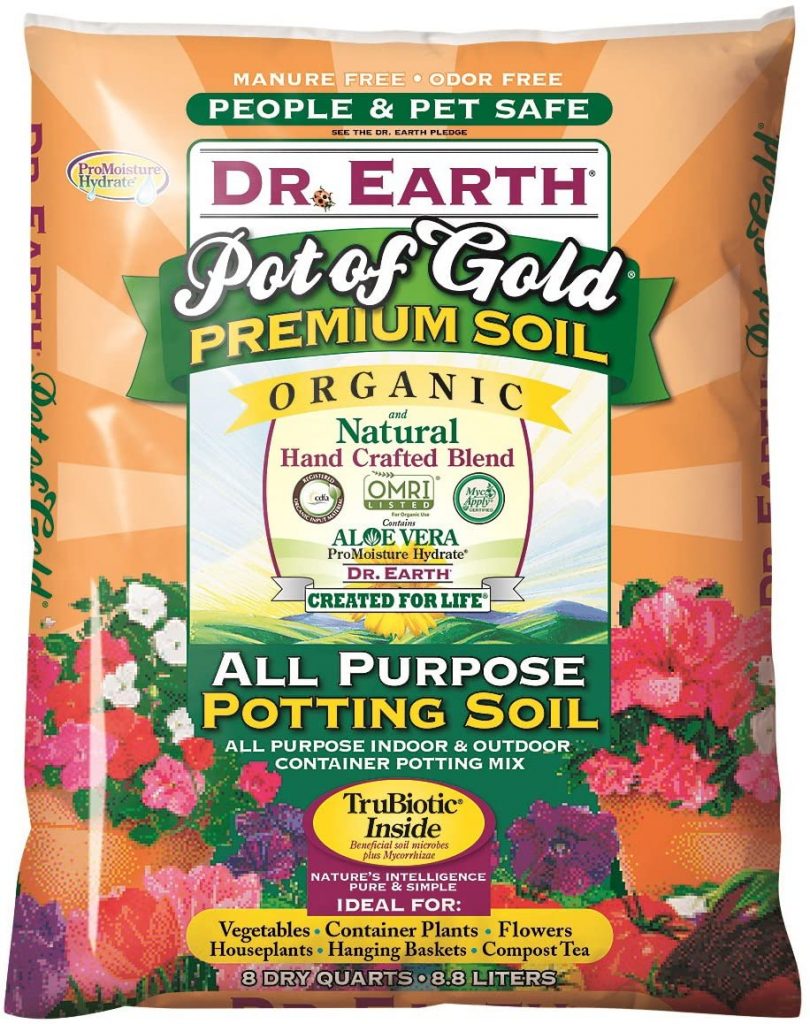
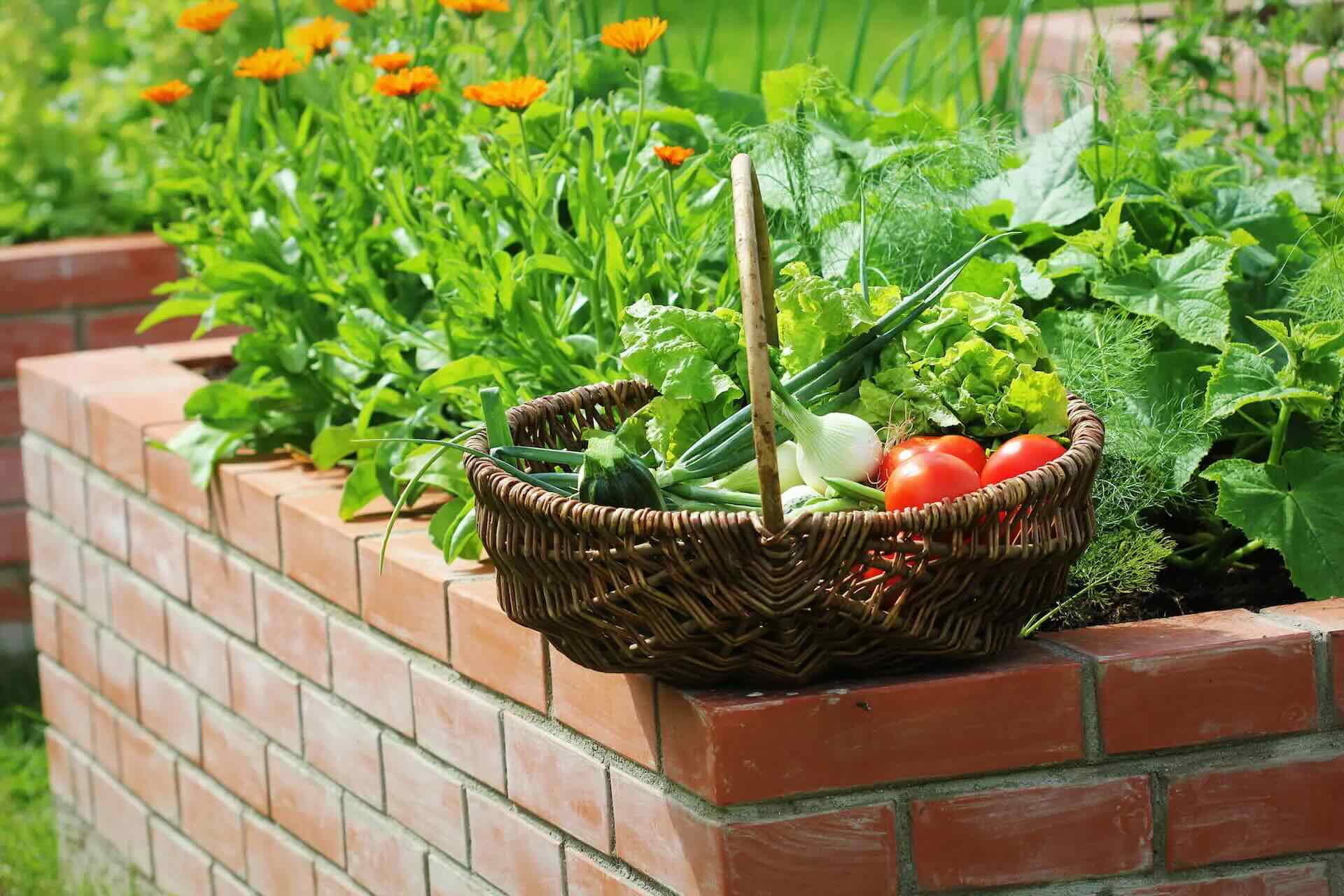
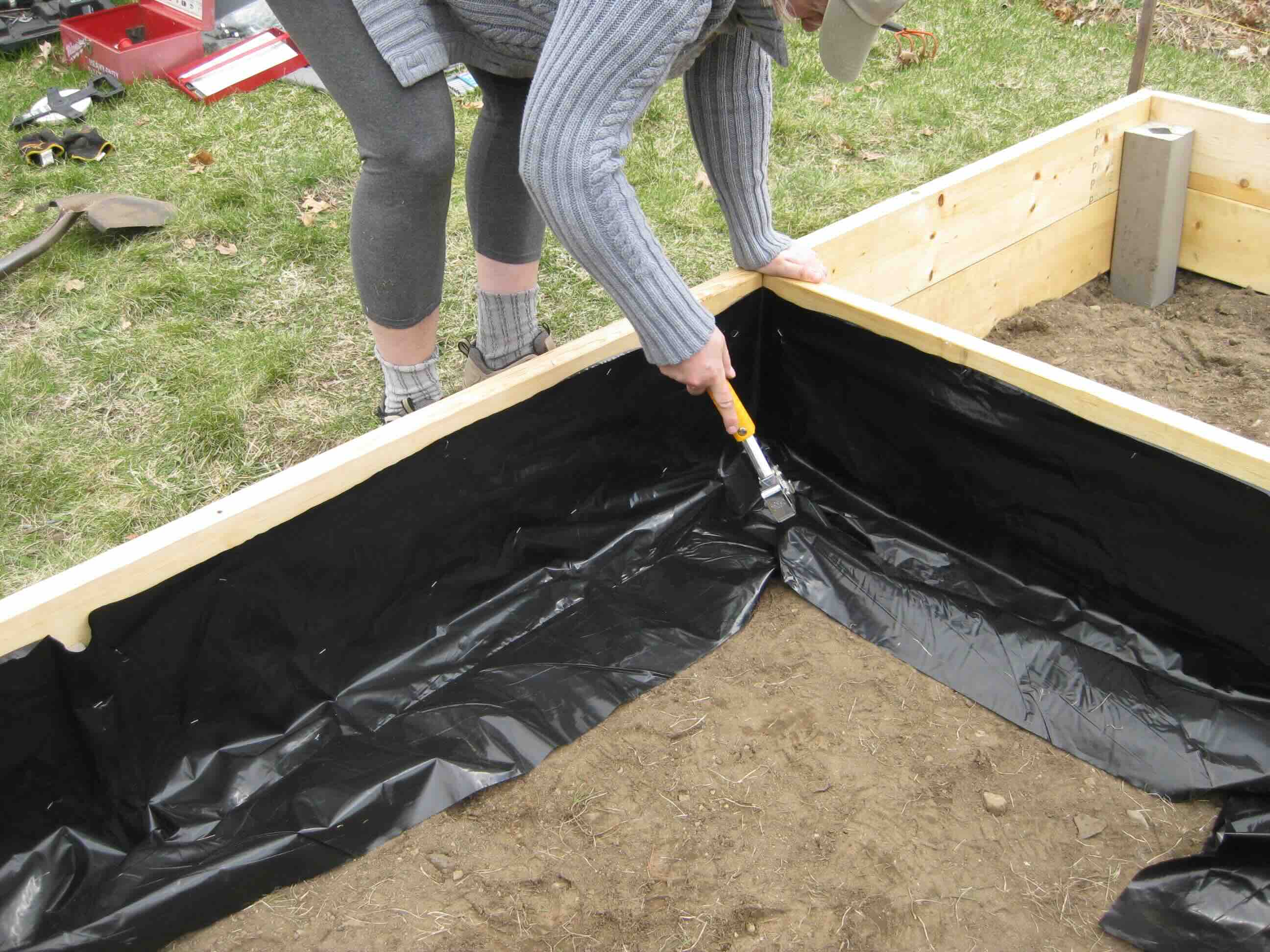
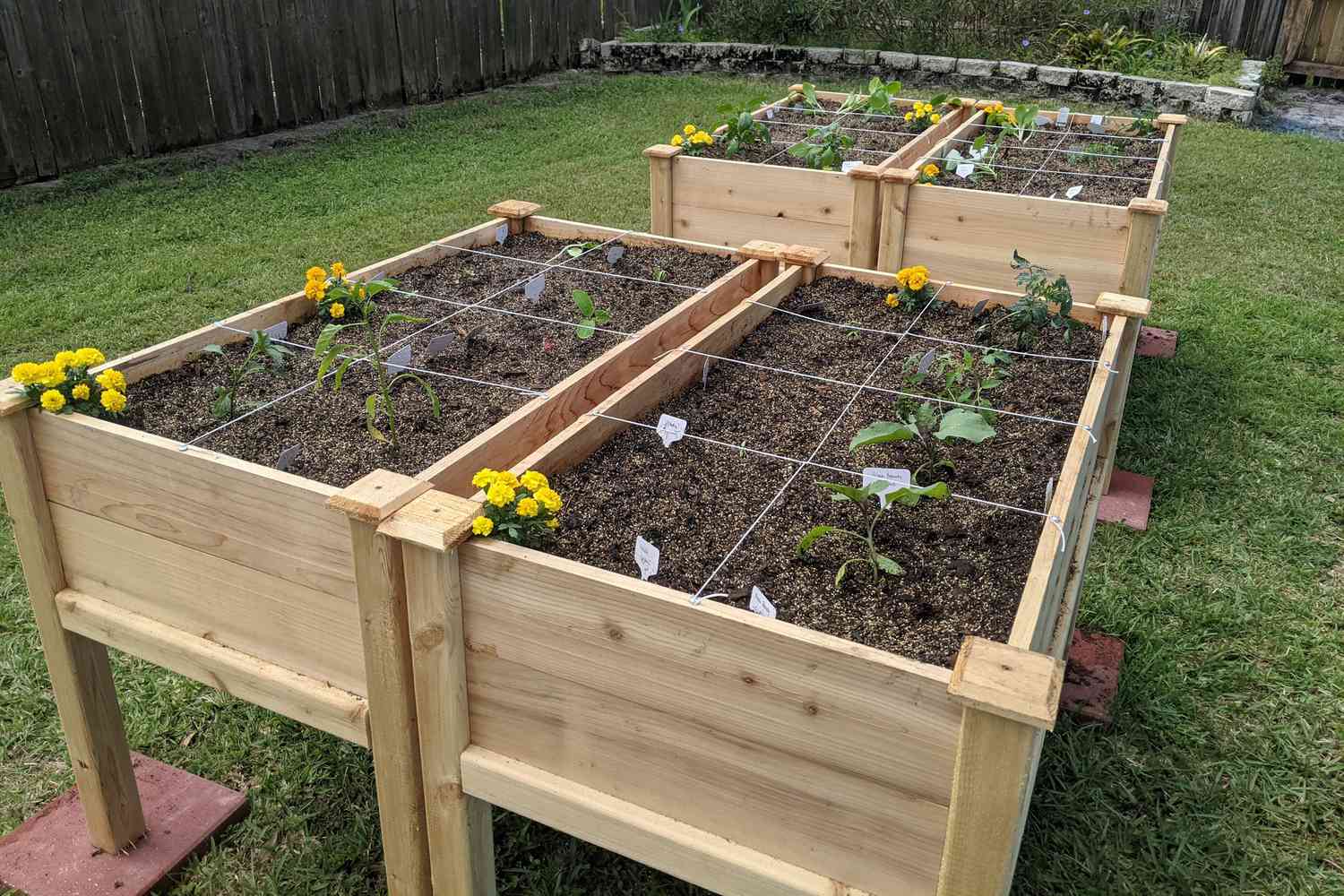
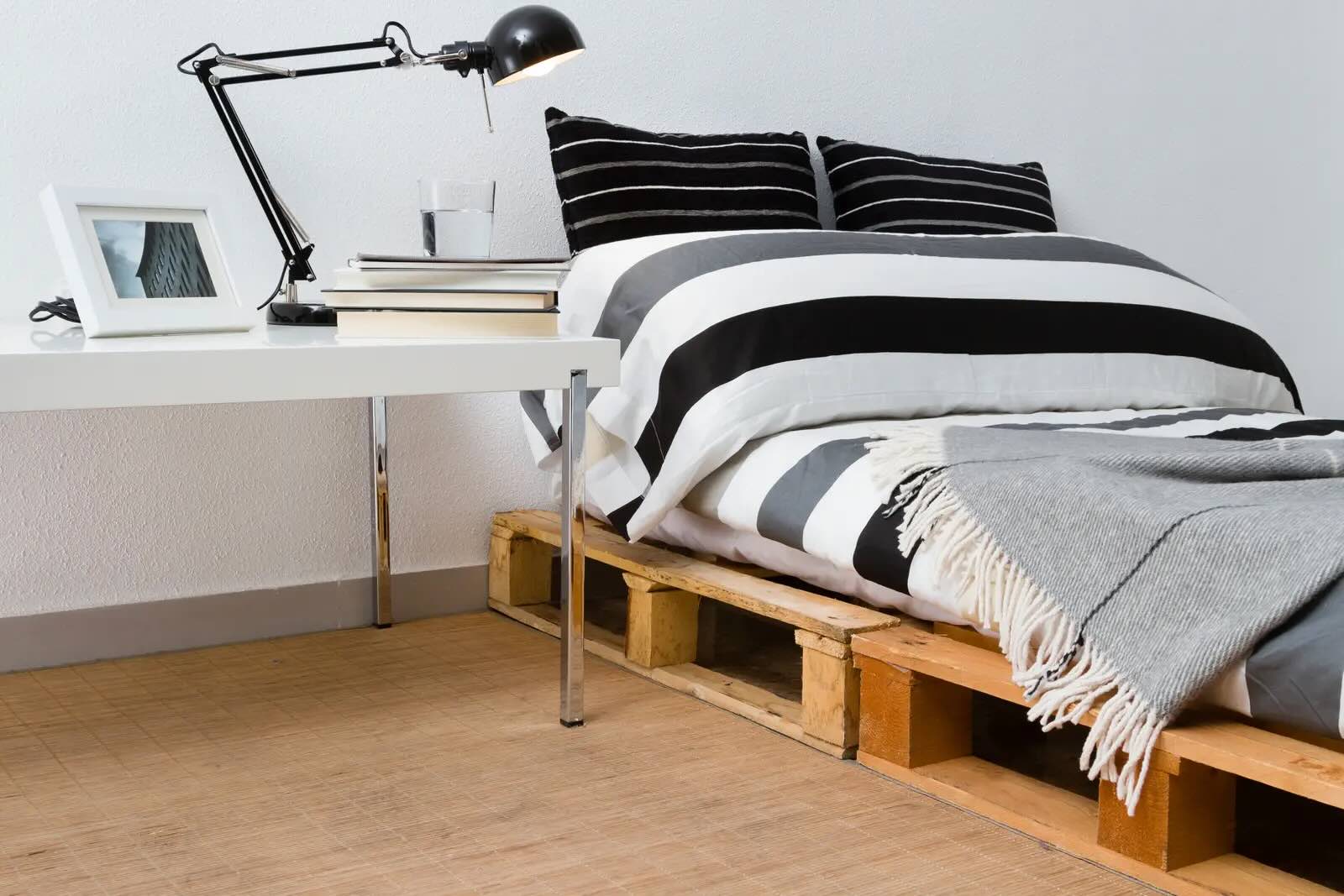
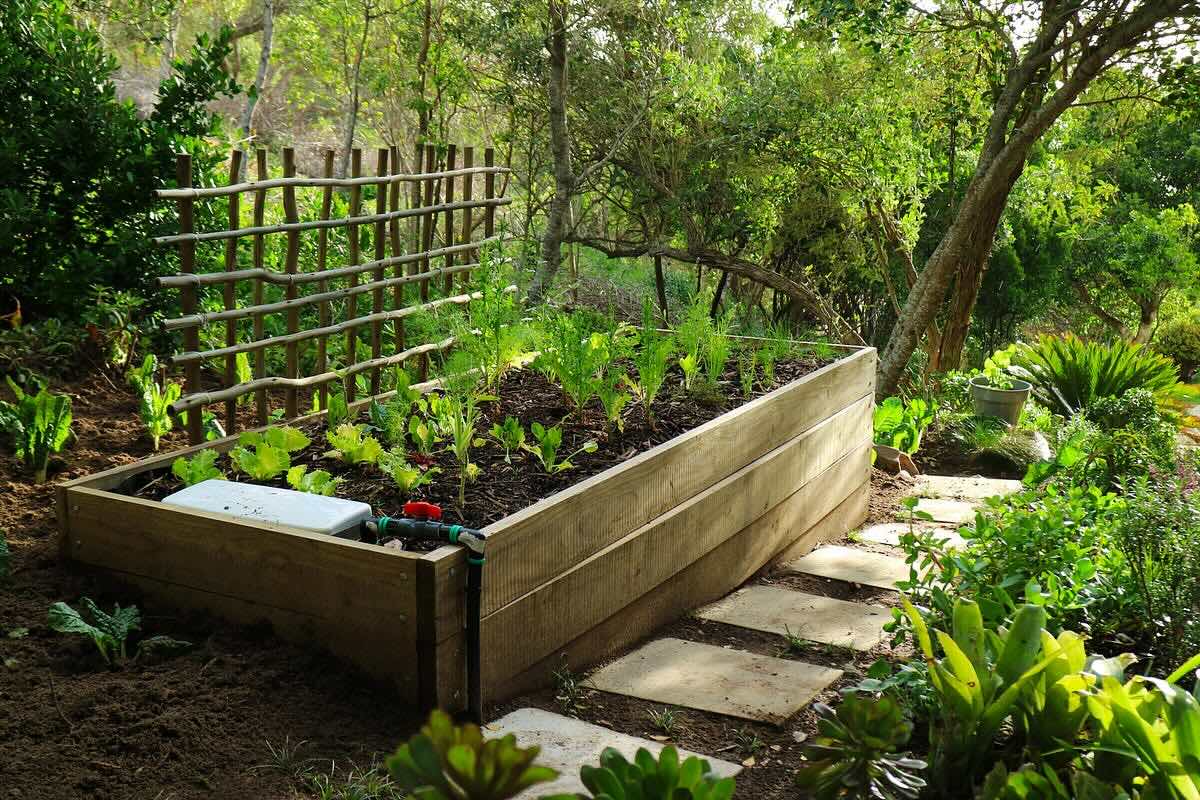
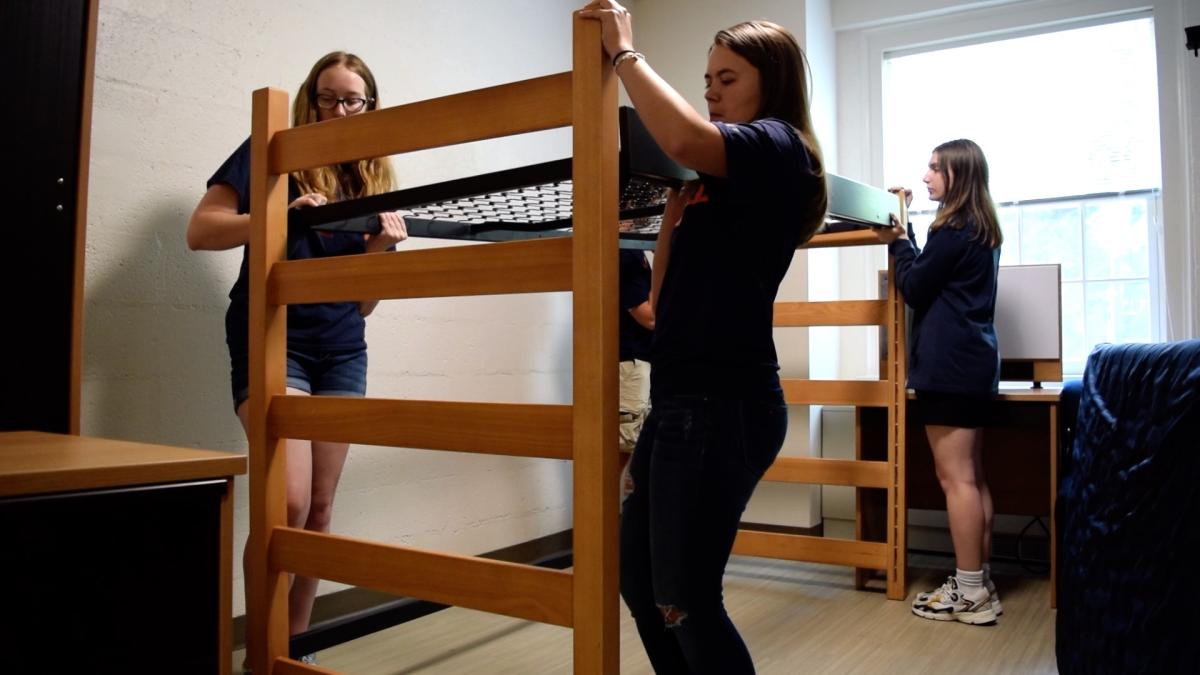
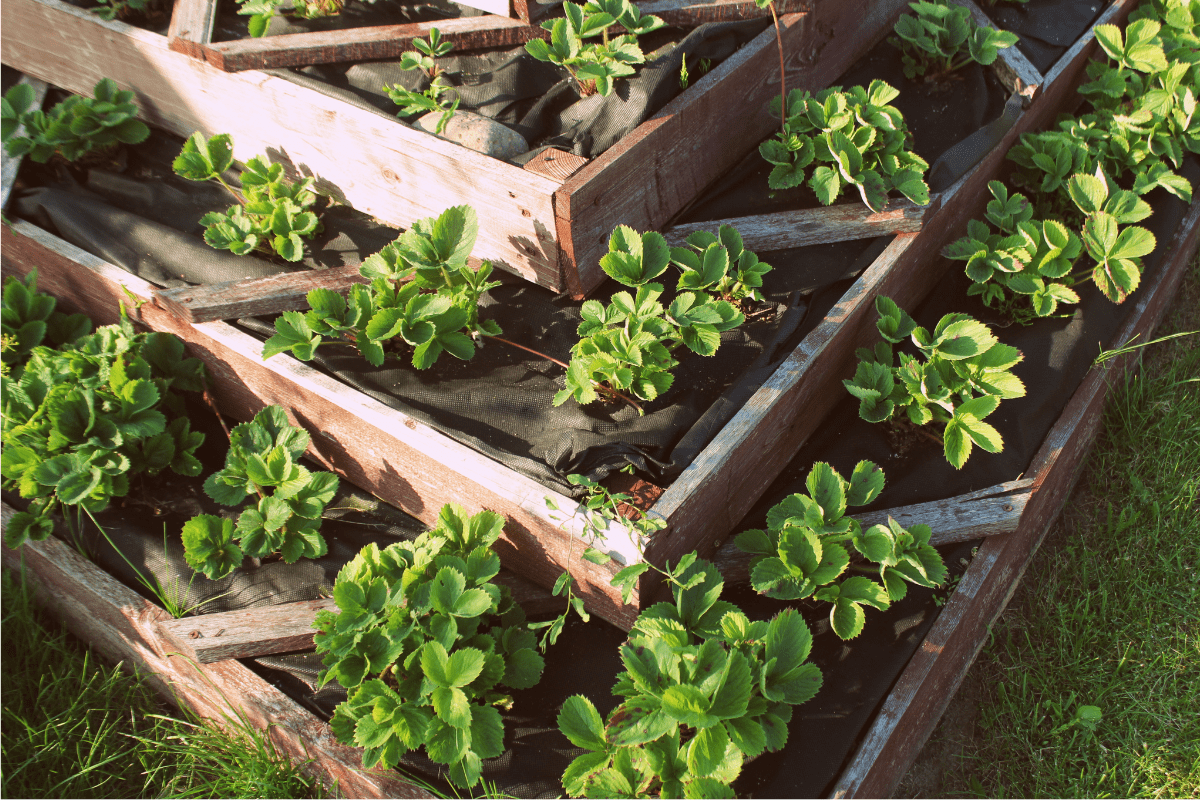
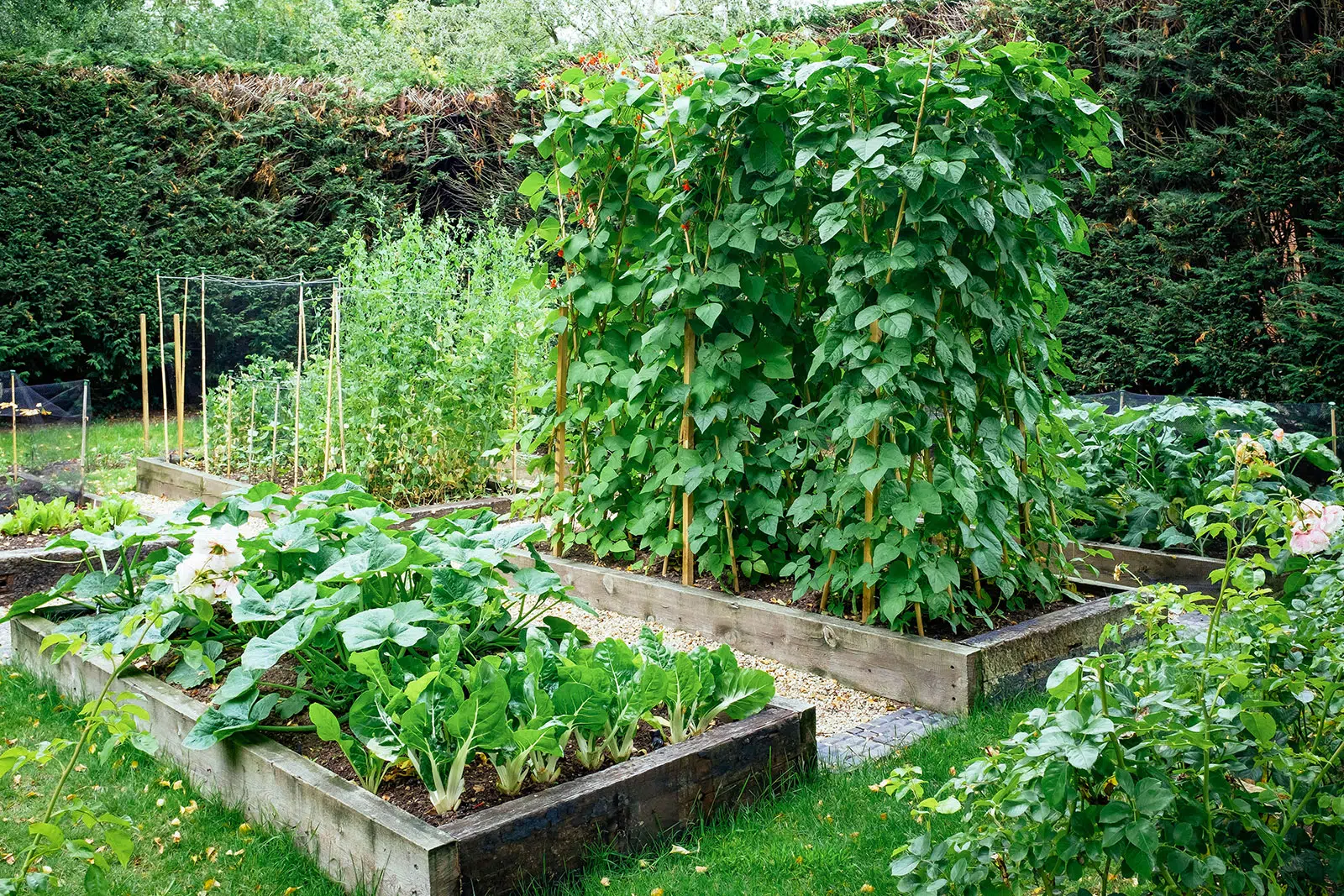
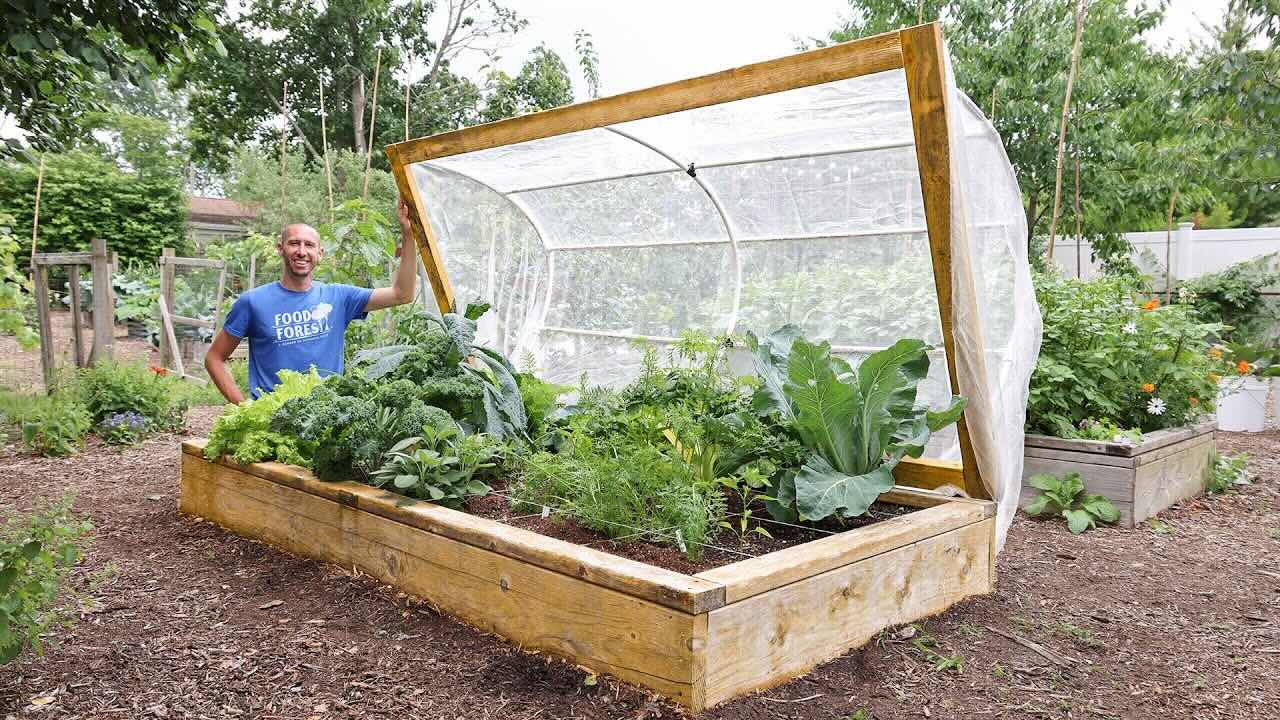
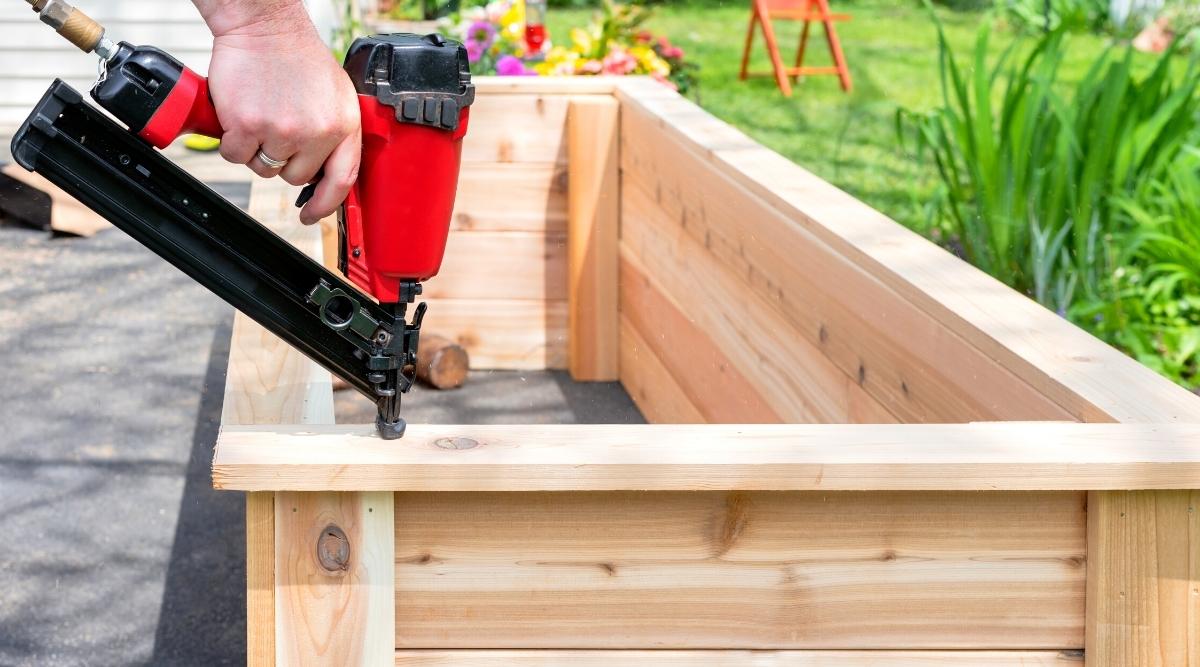
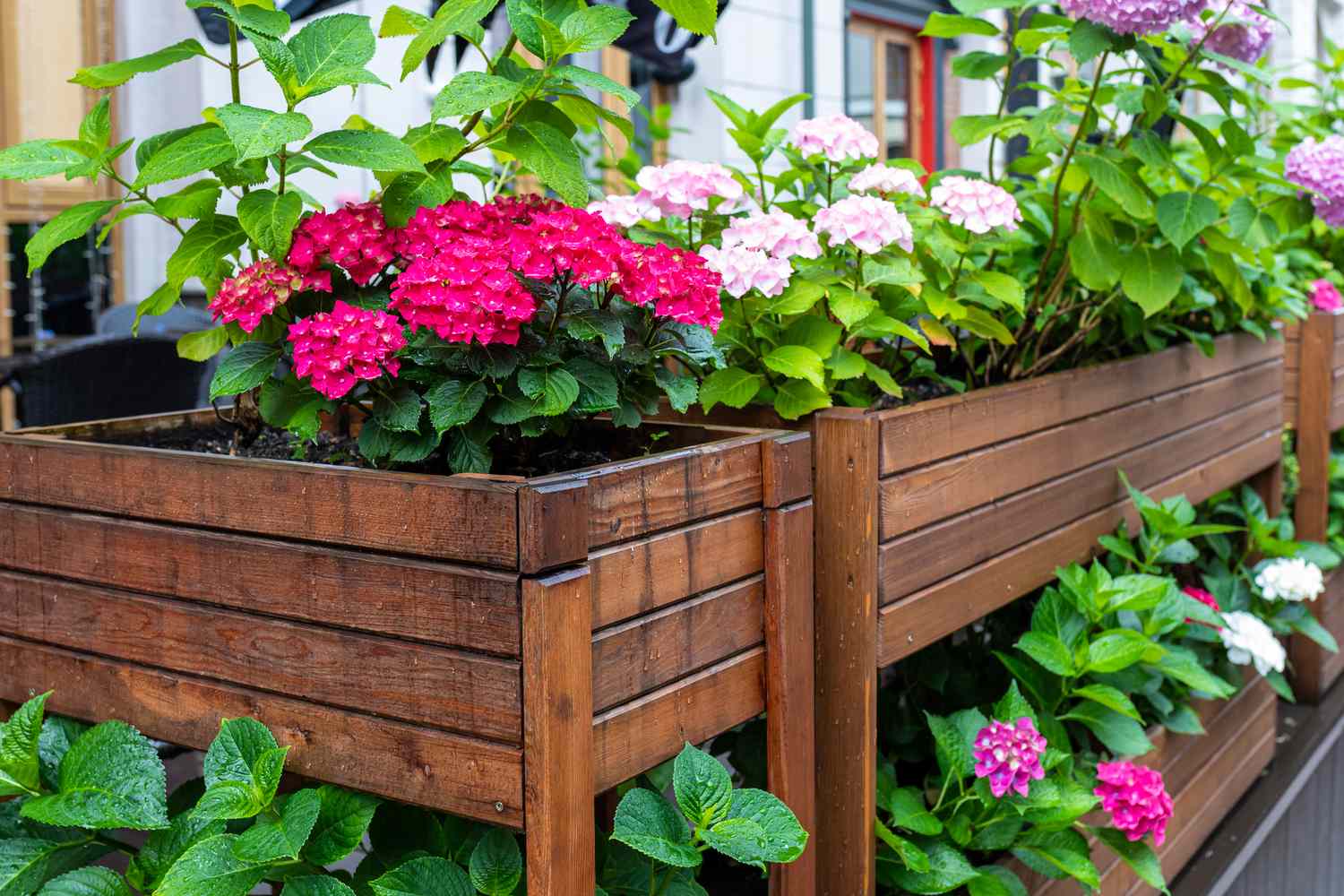
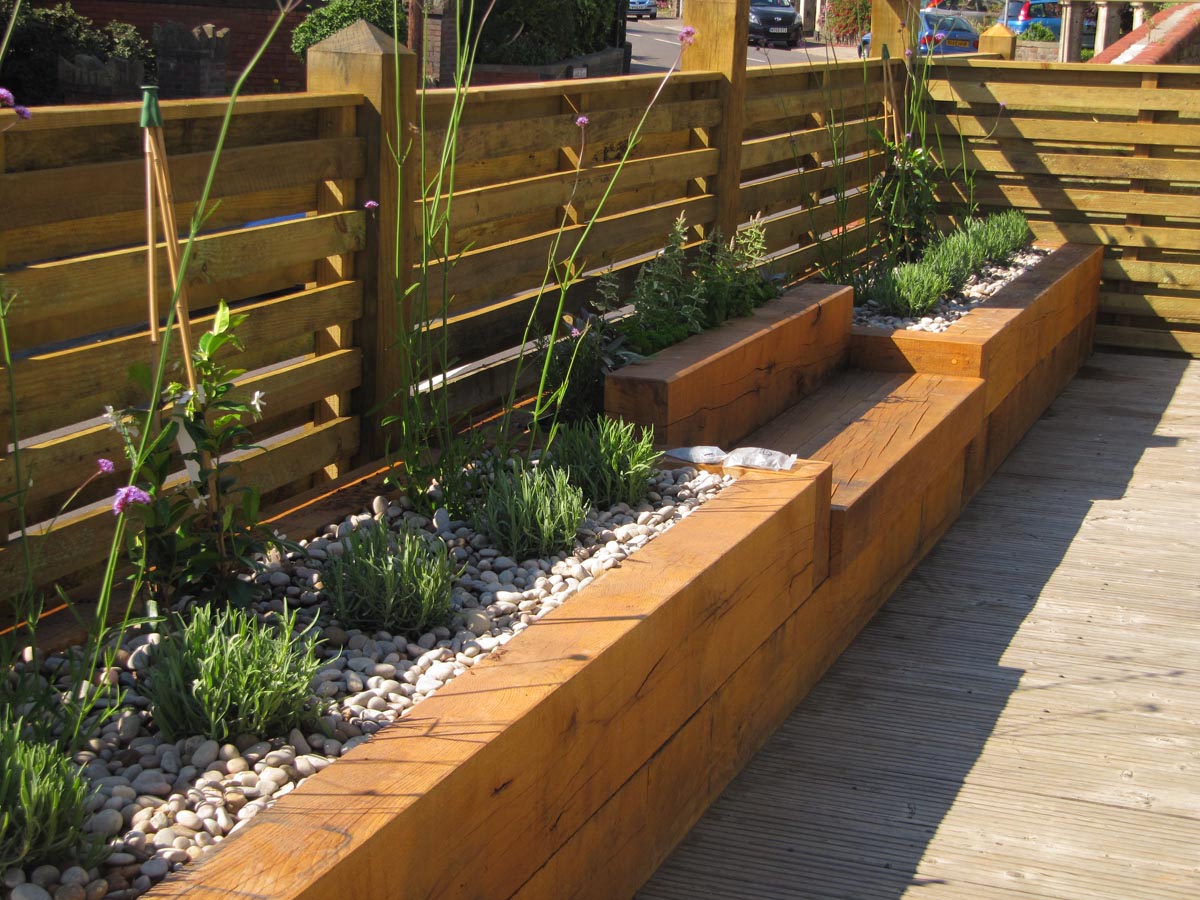

0 thoughts on “Best Raised Bed Soil For Your Pet Plants”